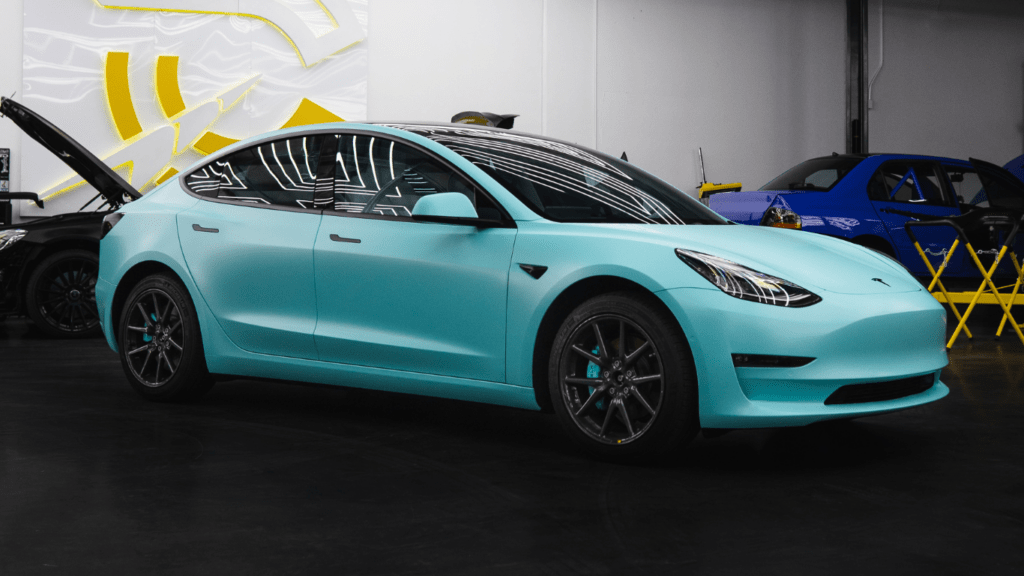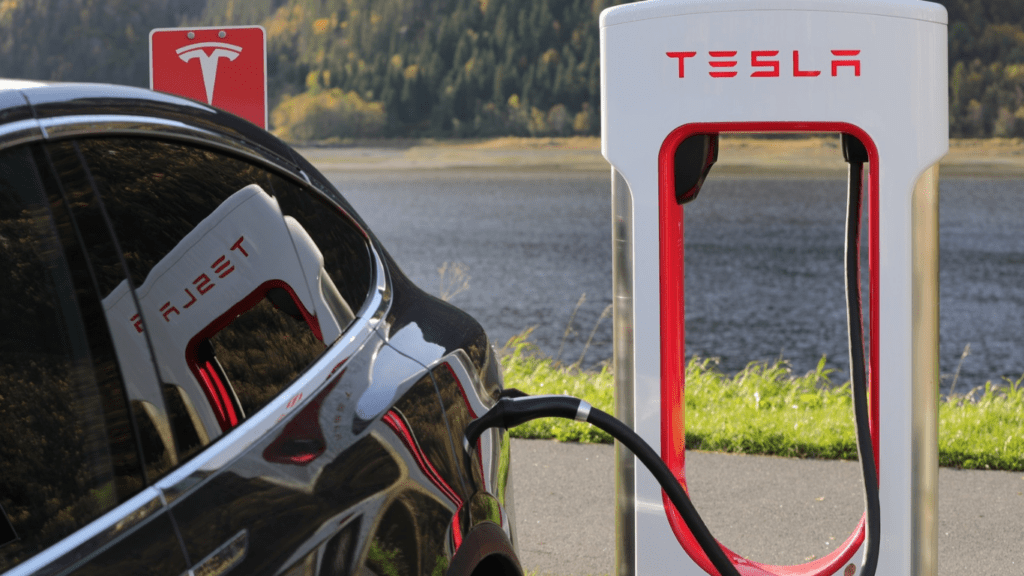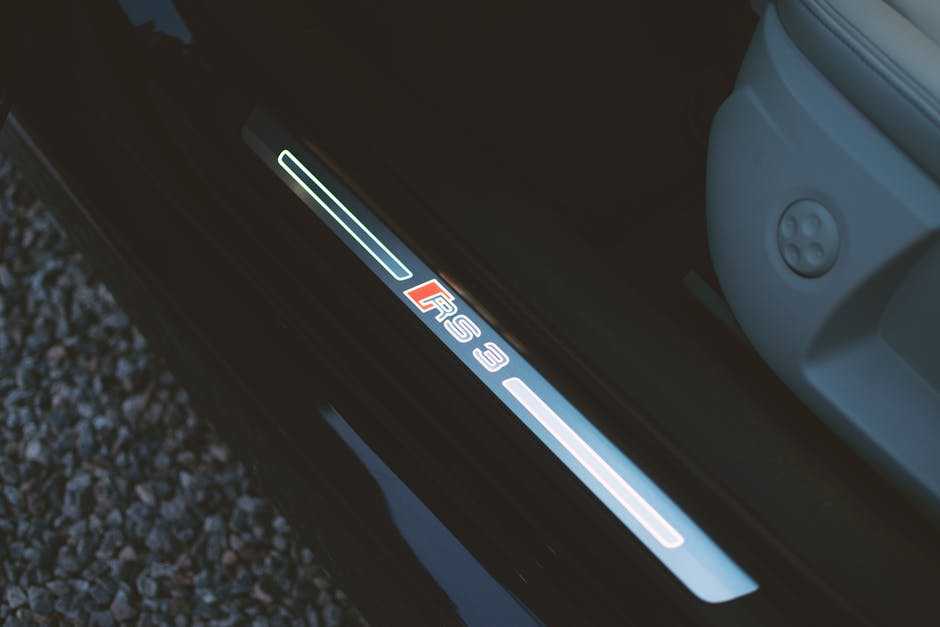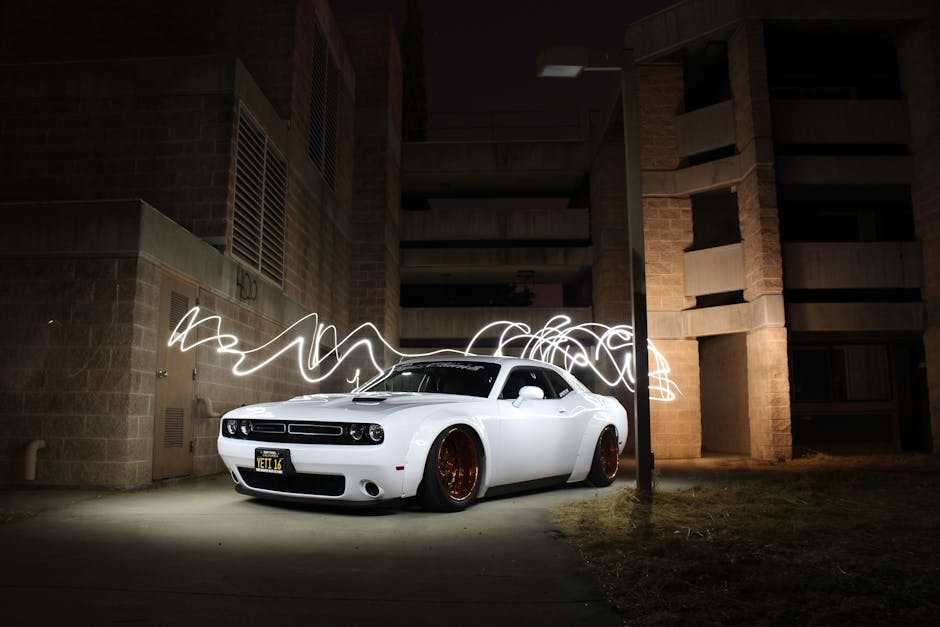The Rise of Electric Vehicles in the Luxury Market
Electric vehicles (EVs) are redefining the luxury car industry. With advancements in technology, premium brands are integrating sustainability with opulence.
Pioneering Brands and Models
Certain brands have spearheaded the luxury EV movement. Tesla’s Model S stands out for its blend of performance and sophistication. Lucid Motors entered the scene with the Lucid Air, offering a mix of luxury and high-range driving. Porsche launched the Taycan, combining the brand’s racing heritage with electric prowess. Audi introduced the e-tron SUV, showcasing a blend of luxury and practicality. These models lead the charge in transforming perceptions of luxury.
Market Trends and Consumer Preferences
Recent trends highlight growing interest in luxury EVs. In 2022, luxury EV sales increased by 40% compared to the previous year. Consumers seek eco-friendly options without sacrificing comfort and performance.
A 2021 survey indicated that 60% of luxury car buyers considered EVs for their next purchase. Features like advanced driver-assistance systems (ADAS), autonomous driving capabilities, and superior interior quality drive this shift. Brands that adapt to these preferences are gaining a competitive edge in the luxury market.
Technological Innovations Driving Change
Technological innovations are rapidly transforming the landscape of luxury electric vehicles (EVs). Advanced batteries, autonomous driving, and enhanced connectivity are leading this evolution.
Battery Advancements
Modern battery technology is a cornerstone of luxury EVs, significantly enhancing performance and efficiency. Lithium-ion batteries are commonly used, offering high energy density and extended range. For example, Tesla’s Model S achieves around 405 miles per charge. Brands like Lucid Motors are pushing boundaries further with their Lucid Air model, which offers a range exceeding 500 miles.
Solid-state batteries, although still in development, promise even higher energy densities, faster charging times, and improved safety, aiming to replace existing lithium-ion technology in the near future. Enhanced battery cooling systems are also crucial in maintaining performance and longevity, allowing drivers to experience seamless luxury without compromising on reliability.
Autonomous Driving Capabilities
Autonomous driving technology is redefining what luxury means in the automotive world. Advanced driver-assistance systems (ADAS) and full self-driving (FSD) options are becoming standard in many luxury EVs. Tesla’s Autopilot and Full Self-Driving packages are prime examples, offering features like auto lane change, parking assistance, and city street driving.
BMW’s iX and Mercedes-Benz’s EQS also incorporate sophisticated autonomous driving capabilities, enhancing the safety and convenience of luxury travel. These systems rely on a combination of sensors, cameras, and artificial intelligence to navigate complex driving environments, making the driving experience more relaxed and enjoyable.
Enhanced Connectivity Features
- Enhanced connectivity features are making luxury EVs smarter and more intuitive.
- Infotainment systems, such as those in the Audi e-tron and the Porsche Taycan, provide seamless integration with smartphones and smart home devices.
- Over-the-air (OTA) software updates keep vehicles up-to-date with the latest features and improvements.
- Real-time traffic data, remote diagnostics, and personalized settings enhance the user experience.
- The integration of voice-activated controls and augmented reality displays adds another layer of sophistication, providing drivers with essential information without distraction.
- This connectivity ensures that luxury EVs are not just vehicles, but an extension of the driver’s digital lifestyle.
- Technological innovations in batteries, autonomous driving, and connectivity are driving the luxury EV market forward, setting new standards for performance, safety, and convenience.
Design and Aesthetics
Electric vehicles are revolutionizing the luxury car market, not just through technology but also with innovative designs that enhance both aesthetics and functionality.
Exterior Styling
Luxury EVs feature cutting-edge exterior styling that combines sleek, aerodynamic shapes with bold design elements. Models like the Tesla Model S and Porsche Taycan showcase smooth, flowing lines and futuristic, minimalistic fronts.
Advanced materials such as lightweight carbon fiber and aluminum are frequently used to improve efficiency and performance. Attention to detail is evident in features like flush door handles, LED light strips, and expansive panoramic roofs. These design choices not only improve aerodynamics but also underscore a commitment to modern, visually striking vehicles.
Interior Luxury and Comfort
The interiors of luxury EVs set new benchmarks for opulence and comfort. High-end models offer spacious cabin layouts with premium materials like:
- fine leather
- sustainable wood
- polished metal accents
The Lucid Air, for example, boasts a unique “Glass Canopy” that floods the interior with natural light, enhancing the sense of space. Advanced climate control systems ensure optimal comfort, with multi-zone settings and customizable ambient lighting contributing to a refined driving experience. Infotainment systems in these vehicles are state-of-the-art, featuring large touchscreens, voice-activated controls, and seamless connectivity options, ensuring passengers enjoy both luxury and convenience.
Environmental and Ethical Considerations

Luxury EVs are making significant strides in promoting sustainability and ethical practices. Let’s explore these critical components.
Sustainability and Eco-Friendly Materials
Luxury EV manufacturers increasingly use eco-friendly materials, reinforcing their commitment to sustainability. For instance, brands like BMW and Tesla incorporate recycled materials and sustainably sourced leather in their interiors. Models such as the BMW iX utilize natural fibers, while Tesla’s Model 3 includes upholstery made from recycled plastics. By prioritizing these materials, they not only reduce the environmental impact but also appeal to eco-conscious consumers.
Eco-friendly materials extend beyond the interior, impacting the overall vehicle production. Companies employ energy-efficient manufacturing processes, reducing the carbon footprint. According to the Environmental Protection Agency (EPA), the EV production process generates fewer emissions compared to traditional vehicles. This commitment to eco-friendly manufacturing sets a new standard in the luxury car industry, intertwining opulence with environmental responsibility.
Corporate Responsibility
Luxury EV brands emphasize corporate responsibility, aligning their operations with ethical considerations. They enforce strict environmental standards across their supply chains to minimize ecological impact. For example, Audi aims to achieve carbon-neutral production by 2025, reflecting a strong commitment to the environment. These endeavors not only demonstrate their dedication but also inspire consumer trust.
Ethical sourcing practices are crucial in the production of luxury EVs. Brands ensure the responsible procurement of raw materials, such as cobalt and lithium, used in batteries. Companies like Mercedes-Benz and Jaguar Land Rover implement stringent guidelines to prevent human rights abuses in mining regions. By adhering to ethical sourcing, they uphold high standards and contribute positively to global communities.
Luxury EV manufacturers also prioritize employee welfare and community involvement. They invest in worker safety and fair labor practices, ensuring their workforce operates under favorable conditions. Community initiatives like educational programs and sustainability projects further underscore their commitment to social responsibility.
Incorporating both environmental and ethical considerations allows luxury EVs to redefine standards in the automotive industry. By merging sustainability, ethical practices, and high-end design, these vehicles create a comprehensive luxury experience that resonates with modern consumers.
Performance and Driving Experience
Luxury EVs offer unparalleled performance and an exciting driving experience. Their innovative technology, coupled with exceptional craftsmanship, sets them apart from traditional luxury vehicles.
Acceleration and Handling
Electric vehicles excel in acceleration and handling thanks to instant torque and a low center of gravity. The Tesla Model S Plaid, for instance, accelerates from 0-60 mph in just 1.99 seconds, outperforming many supercars. This instant acceleration delivers a thrilling experience whether you’re on city streets or highways.
Handling is equally impressive due to battery placement. Placing the battery pack low in the chassis lowers the center of gravity, enhancing stability and cornering. Engineers fine-tune suspension systems for a smoother ride, offering a balanced blend of comfort and sportiness. High-end models, like the Porsche Taycan, consistently receive accolades for their precise steering and road grip.
Range and Charging Infrastructure
The range of luxury EVs has seen substantial improvements. The Lucid Air offers a range exceeding 500 miles on a single charge, making long trips feasible without constant recharging worries. This extensive range is crucial as it alleviates range anxiety, a common concern among potential EV buyers.
Charging infrastructure has expanded rapidly, supporting the adoption of luxury EVs. Brands like Tesla provide extensive Supercharger networks, enabling quick and convenient charging during long journeys. Public charging stations have also increased, with fast chargers available in urban and suburban areas. For home convenience, many luxury EVs come with advanced wall-mounted chargers that significantly reduce charging times.
Luxury EVs combine top-tier performance with a pleasurable driving experience. From exhilarating acceleration to advanced charging networks, these vehicles redefine what’s possible in the luxury car market.
Cost Implications
Luxury electric vehicles (EVs) are changing how cost considerations are perceived in the luxury car market. Here’s how they impact the financial landscape for consumers.
Purchase Price vs. Long-Term Savings
Luxury EVs often have higher purchase prices due to advanced technology and materials. For example, the Tesla Model S Plaid starts at around $120,000. In contrast, traditional luxury sedans like the Mercedes-Benz S-Class start at $113,000. However, long-term savings balance these initial costs. EV owners save on fuel, as electricity costs less than gasoline. Over five years, I estimate savings on fuel and maintenance to be around $8,000-$10,000. Maintenance savings arise due to fewer moving parts, reducing wear and tear and the need for oil changes.
Incentives and Tax Breaks
Government incentives make luxury EVs more financially attractive. Buyers can receive federal tax credits up to $7,500 per vehicle, and some states offer additional rebates. For instance, California provides up to $2,500 in state rebates. These incentives lower the effective purchase price, making luxury EVs comparable to their gasoline counterparts. Leasing options also benefit from incentives, further reducing monthly payments. Incentives expire once manufacturers sell a certain number of vehicles, so potential buyers should check current eligibility.
The Future of Luxury Electric Vehicles
The future of luxury electric vehicles (EVs) looks very promising. I see automakers consistently pushing the boundaries of innovation to create electric cars that are not just functional, but truly luxurious.
Upcoming Models
Many exciting new models are on the horizon. Mercedes-Benz plans to release the EQS SUV, combining off-road capability with the luxury you’d expect from Mercedes. Rolls-Royce is developing the Spectre, set to redefine opulence in the EV market with its bespoke design and ultra-premium materials. Audi’s e-tron GT is another highly anticipated model, promising both performance and luxury. These upcoming models show that manufacturers are committed to delivering top-tier luxury in electric format.
Predictions and Industry Shifts
The industry is evolving at a rapid pace. Analysts forecast a significant increase in luxury EV sales, with expectations that luxury EVs will comprise 25% of the luxury market by 2030. I anticipate more traditional luxury carmakers, like BMW and Maserati, will expand their EV lineups to compete.
The shift toward sustainability will drive innovation, as brands focus more on eco-friendly materials and processes. As autonomy and connectivity become standard, I see luxury EVs not just as cars, but as sophisticated, self-driving living spaces. These shifts indicate that the luxury EV market is set for a transformative decade.



 Founder & CEO
Founder & CEO
